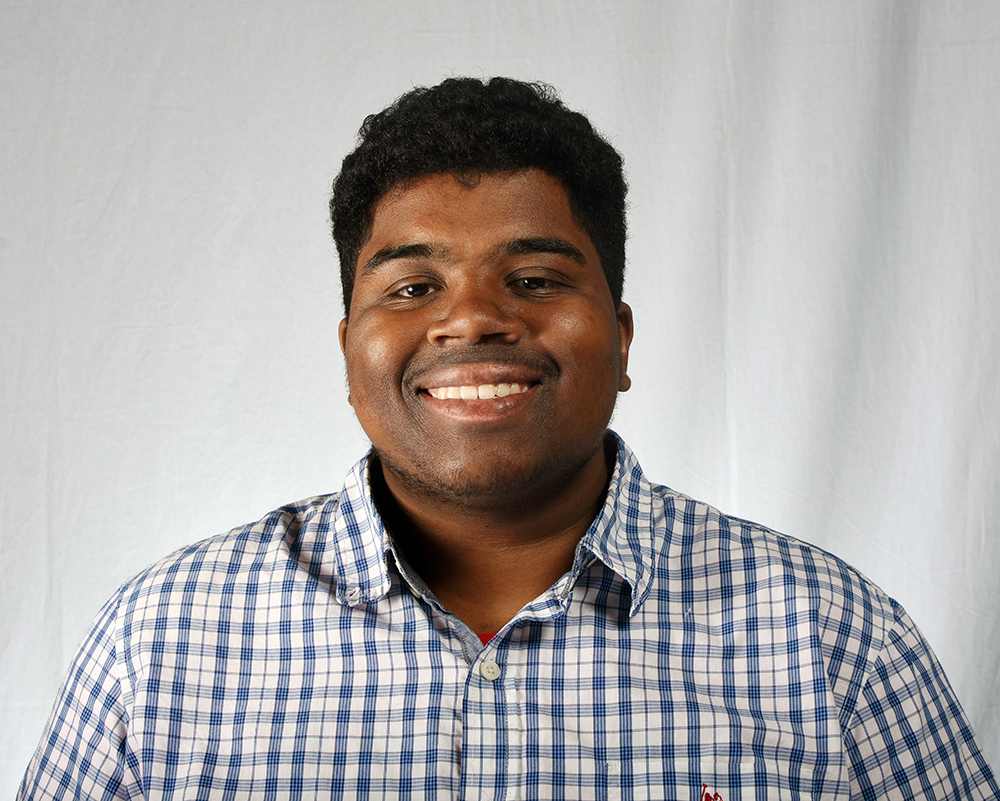Supporting Survivors: The Importance of Community

Shawn Fredericks | Correspondent
Community is meant to facilitate an environment for growth of the individuals that are part of that community. This month is Domestic Violence awareness month and I want everyone to look into the mirror. Look into that reflection, take a very deep breath and reflect on what more we can do as an NC State community to protect and care for survivors of domestic violence.
Domestic violence affects both men and women, however the frequency is skewed more towards women. I say that because we have to grow more conscious of the fact that women are exposed to more violence, ridicule and other trauma that comes from their partners.
The N.C. Department of Public Safety reported 110 domestic violence related homicides in 2016. The report also included gender, with 80% percent of the perpetrators being men and 65% of the victims being women. Women of color especially are even more exposed to such trauma as domestic violence related crimes go under reported.
Domestic violence is domestic. It is around us. It involves the people closest to us, and it hurts not just because our loved ones are harmed, but also their trust and personhood is violated on a fundamental level.
To be violated on that level leaves emotional and mental scars. It makes it hard to even function throughout the day because trauma follows you like a shadow. I should know. I grew up in it. Domestic violence occurred so much in my household that it traumatized me to the point where I became numb, and not single punch was inflicted on me.
Seeing two people who express that they care about each other so eager to tear each other apart left me emotionally hollow.
It was not that I could not feel emotion. It was that I did not want to feel anything. Happiness, pain, joy, nor sorrow. I wanted none of it because to feel meant I had to deal with my issues, and I had no desire to.
Survivors of domestic violence in my own social circles have similar sentiments. Some survivors are still suffering from the trauma and just want it to be over, but have been so violated to their core that they can never heal.
Here at NC State we are community that supposedly values integrity. How can we as an campus hold integrity as a core value and not follow through?
What I mean is DV happens on college campuses. It happens here at State. And when we as the wolfpack community refuse to howl, refuse to raise our voices as a community, and fail to create a dialogue, we fail on what it means to be a pack, a community that has integrity in action and intention.
Let’s be clear: while it is important to go to workshops and have discussions on domestic violence, we need to bring these conversations into our everyday lives — discuss them with our colleagues, peers, close friends, not so close friends and associates.
When we reserve a conversation to be had only in specific spaces, the conversation literally dies in that space because it doesn’t exist outside of it. When conversation is had, it helps remove the stigma that keeps survivors from coming forward and reporting the people who violated them.
Men, we as a whole need to stop being so dismissive and apathetic to the trauma inflicted on women. Women are an essential part of this community. They’re a valuable part of the Wolfpack and we must create a campus environment that is both accepting of them and conscious of the fact that they are exposed to many more detrimental experiences.
As I said before, women of color are more exposed to domestic violence. Black men have to be more conscious of this because of the simple fact that black women, inside and outside of the Wolfpack community, are the foundation in which the black community builds itself on.
Domestic violence is a painful topic and during this month, I can only pray for healing for the survivors and call the wolfpack community into action on this issue. We howl hard at the football games. Now we have to howl even harder at this issue.